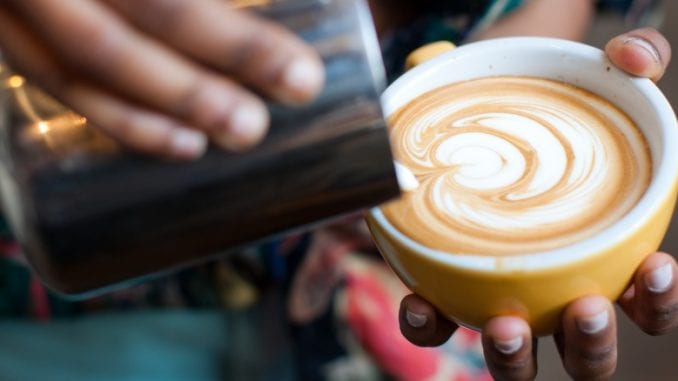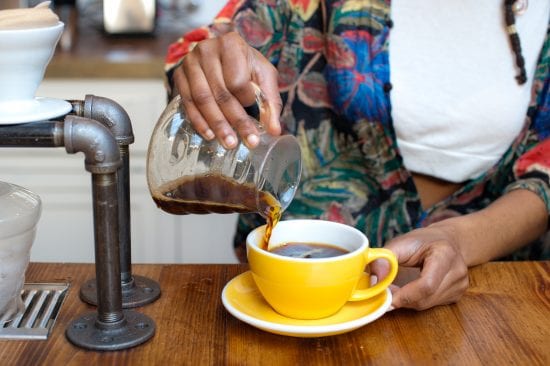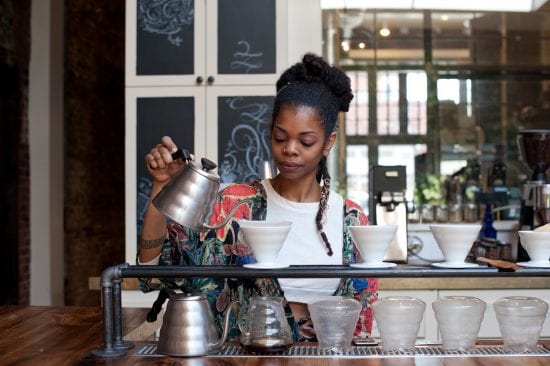
It can be difficult to decide on prices for coffee, but CUPS new Menu Analyzer lets you see the average price of coffee in your hometown and cities all around the United States.
Pricing your menu is an imperfect science. Breaking down each ingredient by cost is difficult in a coffee shop since there are so many factors to consider, and there’s really no easy formula or algorithm that takes into account factors such as location, rent, or state and local laws such as taxes or minimum wage requirements.
Something that does work, however, is seeing what other people in the neighborhood price their drinks at. At the end of the day, formulas or retail advice saying you should mark up products double or more don’t matter if people around the corner are pricing their drinks entirely differently. Price is a big deal for most of our patrons, and we have to make sure that we’re roughly in accordance with the expectations that our neighborhoods have set.

CUPS, which is known for its phone app to attract customers to local coffee shops, has recently created a Menu Analyzer tool, which allows you to pick the city you live in and see how your prices compare to other cafes where you live. “We were sitting on a lot of coffee shop data already as we collect the full menu/pricing from all our partners that are listed on the app. A lot of owners were coming to us to ask how they should price certain things…etc so we figured we’d make a tool for owners to be able to analyze their own menus,” says Lauren Duttledorf, Sales Director at CUPS.
Currently, the Menu Analyzer allows users in 13 different cities to compare their menus to their competition. Instead of guessing how many cups of coffee a five pound bag of beans make or how much milk waste each latte costs, you can create prices based on a general estimate of what others in your city are doing. And the results are specific—when I used it to find out the prices in my old neighborhood in Brooklyn, I had to be specific about which part of Williamsburg I meant (East Williamsburg or just Williamsburg will apparently yield different results). After you type in the average price of a few key items, the analyzer will send you an email within the hour telling you how your prices compare to others in your area.

In New York, for example, a small cappuccino averages about $3.90, which makes New York the most expensive city (according to the menu analyzer) to get coffee. San Francisco is behind a little more than a quarter with an average price of $3.60, and a tie between Philadelphia and Austin shows the average price in those cities to be $3.50.

Along with being a powerful tool for business owners, the Menu Analyzer can tell us a lot about how coffee prices respond to growing and changing cities. For example, New York being the most expensive coffee city makes sense—New York has been long regarded as the most expensive city in the United States. However, San Francisco, in the last few years, has been sneaking into the #1 Most Expensive City slot every few months, stealing the title away from New York. And yet, you can still expect to pay more for coffee in New York than San Francisco. And because minimum wage laws are different ($9/hour in New York versus $13/hour in San Francisco), cafes in each state will be making very different profit margins.
You can check out the Menu Analyzer here, and figure out how to price your menu and how you compare to other cafes in your neighborhood.

